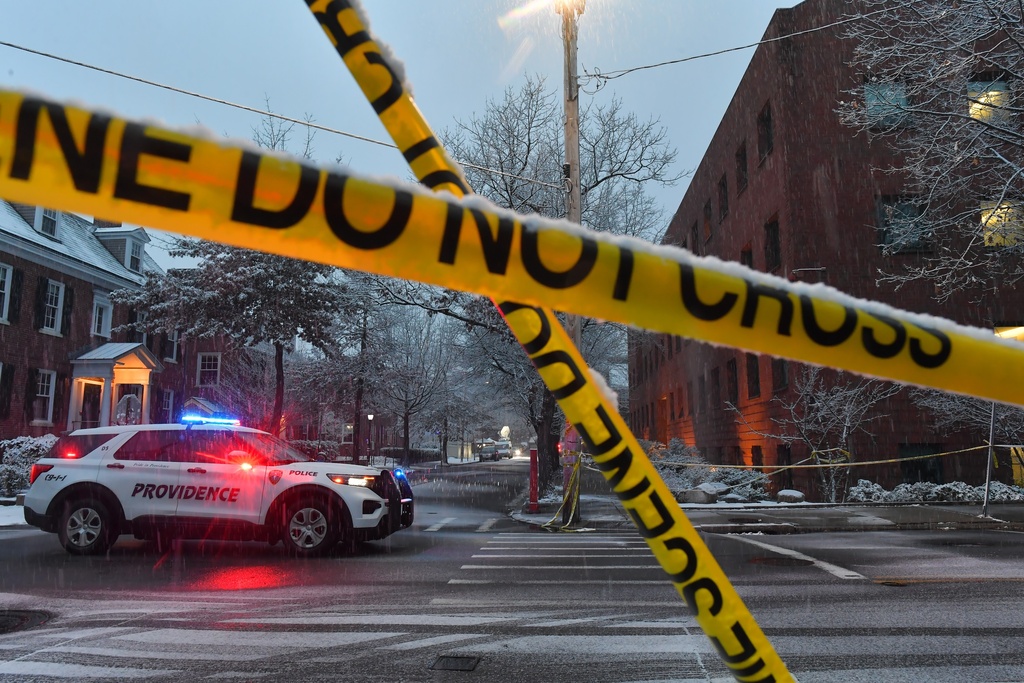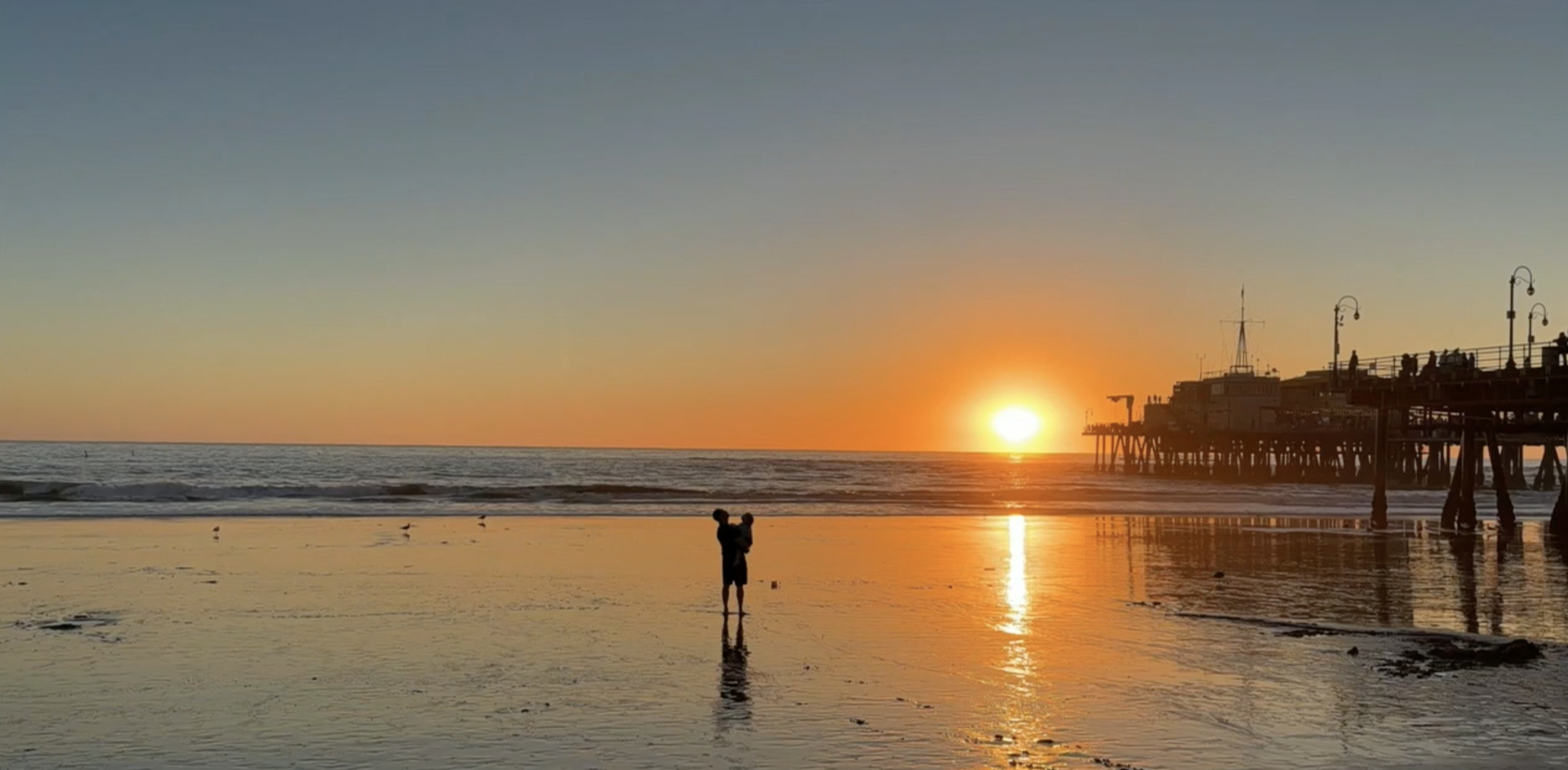One year ago, Joe Biden marked his first Earth Day as president by convening world leaders for a virtual summit on global warming that even Russian President Vladimir Putin and China's Xi Jinping attended. The president used the moment to nearly double the United States' goal for reducing greenhouse gas emissions, vaulting the country to the front lines in the fight against climate change.
But the months since then have been marred by setbacks. President Biden's most sweeping proposals remain stalled on Capitol Hill despite renewed warnings from scientists that the world is hurtling toward a dangerous future marked by extreme heat, drought and weather.
In addition, Russia's war in Ukraine has reshuffled the politics of climate change, leading President Biden to release oil from the nation's strategic reserve and encourage more drilling in hopes of lowering sky-high gas prices that are emptying American wallets.
It's a far cry from the sprint toward clean energy that the president — and his supporters — envisioned when he took office. Although President Biden is raising fuel economy standards for vehicles and included green policies in last year's bipartisan infrastructure legislation, the lack of greater progress casts a shadow over his second Earth Day as president.
He will mark the moment on Friday in Seattle, where he'll be joined by Gov. Jay Inslee, a fellow Democrat with a national reputation for climate action. President Biden also is scheduled to visit Portland, Oregon, on Thursday as part of a swing through the Pacific Northwest, a region that has often been on the forefront of environmental efforts.
Biden administration officials defend the president's record on global warming while saying that more work is needed.
“Two things can be true at the same time," said Ali Zaidi, the president's deputy national climate adviser. "We can have accomplished a lot, and have a long way to go.”
Zaidi acknowledged that “we have headwinds, we have challenges,” but also said the president has “a mandate to drive action forward on this.”
President Biden had hoped to pass a $1.75 trillion plan for expanding education programs, social services and environmental policies. But Republicans opposed the legislation, known as Build Back Better, and it failed to get the unanimous support necessary from Democrats holding a slim majority in the Senate.
The final blow came from Sen. Joe Manchin of West Virginia, who owes his personal fortune to coal and represents a state that defines itself in large part through mining that fossil fuel. Democrats hope to revive the bill in some form, but it's unclear exactly what Manchin would support, putting any possible deal in jeopardy.
White House press secretary Jen Psaki said this week that negotiations were ongoing even though the president wasn’t publicizing them. “Just because he’s not talking about it doesn’t mean those conversations are not happening behind the scenes,” she said.
Administration officials are expected to speak Saturday at a rally outside the White House as climate, labor and social justice groups urge Congress to pass climate legislation before Memorial Day. Similar events are planned in dozens of cities as activists stress the need for major investments to boost clean energy and create jobs.
The White House wants to win approval for more than $300 billion in tax credits for clean energy that advocates describe as crucial for meeting President Biden's goal of reducing emissions by up to 52% from 2005 levels by 2030.
Additional reporting by The Associated Press.


 President Biden Tapping Oil Reserve For 6 Months To Control Gas Prices
President Biden Tapping Oil Reserve For 6 Months To Control Gas Prices The World United To Fix The Ozone Hole, So Why Not Climate Change?
The World United To Fix The Ozone Hole, So Why Not Climate Change?






